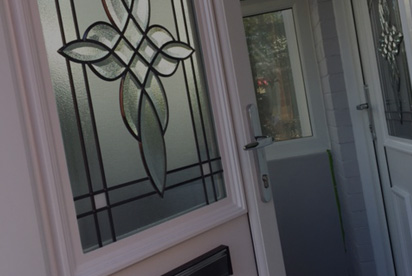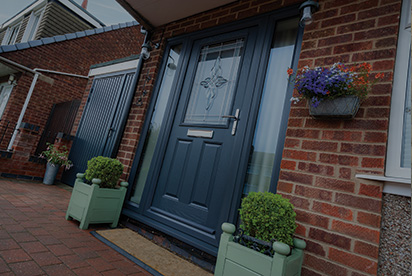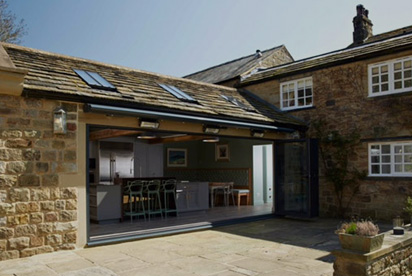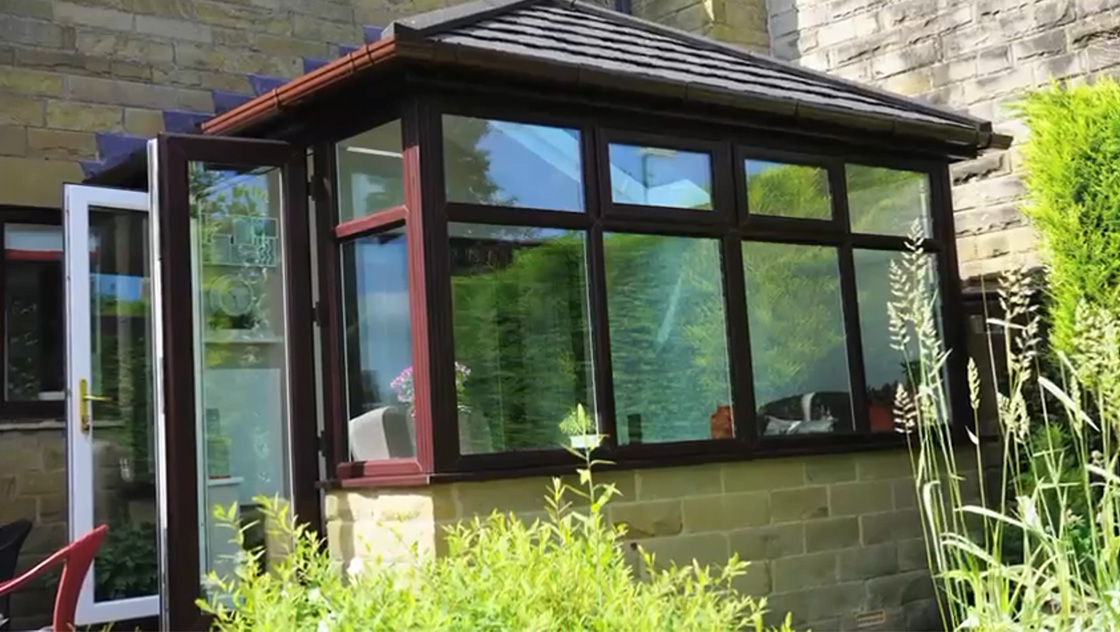
How Much Do I Save By Having uPVC Windows?
The long-term cost savings of uPVC windows can be difficult to calculate. If you're a budget-conscious person who wants to go from passive to active at a low price, you might want to consider getting uPVC Windows. A more affordable and great-value option is not available anywhere else.
The following is a quick summary of what you get:
What are uPVC Windows?
uPVC is a type of plastic used to create windows in the UK for over 40 years. It was originally invented as an alternative to traditional wooden windows, but it has now evolved into a highly-developed material with many benefits.
The benefits
uPVC windows offer several advantages over traditional wooden ones. For example,
- They are easier to clean and maintain.
- They are also more resistant to decay and rot than wooden ones.
- And most importantly, they are much lighter and more energy efficient than wooden ones.
- Another benefit of uPVC Windows is that they sound better than wood panelling. This is because the wooden material is less dense and therefore has a much lower rise in sound pressure. This means that the material's resonance frequency is higher, resulting in a more resonant sound and a more pleasant feeling inside your home.
Besides these advantages, uPVC windows also have some disadvantages.
The drawbacks
For example,
- They can be more prone to breakage than traditional wooden ones because they are less durable and heavy.
- Furthermore, they are not ideal for areas with high humidity or extreme temperatures because they can warp and crack over time.
However, these drawbacks aren’t something we often have to worry about here in the UK and can even be mitigated by properly taking care of your windows.
When is it worth getting uPVC Windows?
The initial cost of uPVC Windows will be slightly higher than that of Wooden composite Windows. This is mainly because of the labour involved in manufacturing and installing uPVC Windows. However, this cost may be worthwhile if you factor in that you won’t be replacing your windows half as much and the added energy efficiencies of uPVC.
With rising energy costs, the scales continue to tip in favour of replacing your windows with uPVC sooner rather than later.
Before going to the expense and effort of buying and installing energy-efficient windows, it’s only natural to ask – is it going to be worth it? The good news is that replacing single-glazed windows with double-glazing is nearly always a good idea and will save you money on your heating bills each year. How much you can save depends on the BFRC rating of the windows you choose, the type of property you own, and its size and number of windows.
Ok, so how much will it actually save me?
The following are a few examples based on figures from the Energy Saving Trust (applicable to properties in England, Wales, and Scotland):
- You could save £195 a year and 330kg of CO2 in a single-glazed, semi-detached gas-heated property with single-glazed windows.
- It is possible to save up to £235 a year and 405kg of carbon dioxide if you replace single-glazed windows with A++-rated double-glazed ones.
While some of these costs don't seem as significant as the cost of the windows, it's important to take a long-term view to see the true savings.
For example, replacing the windows in your mid-terrace home with uPVC double glazing marked with an A-rating could save you up to £875 over five years or £1950 over ten years. These savings could reach £3900 for a detached house over ten years.
Considering this perspective, most people would agree that replacing windows with uPVC double glazing is well worth the investment.
Related Products
Get a Free Quote Today
It's Completely FREE
with No Obligation
Low Price
Guarantee
15 Year
Warranty
Nobody Does
it Better...
Than ELMHURST
We believe we provide the best customer care policy in the home improvement industry.
See what some of our customers have to say...




